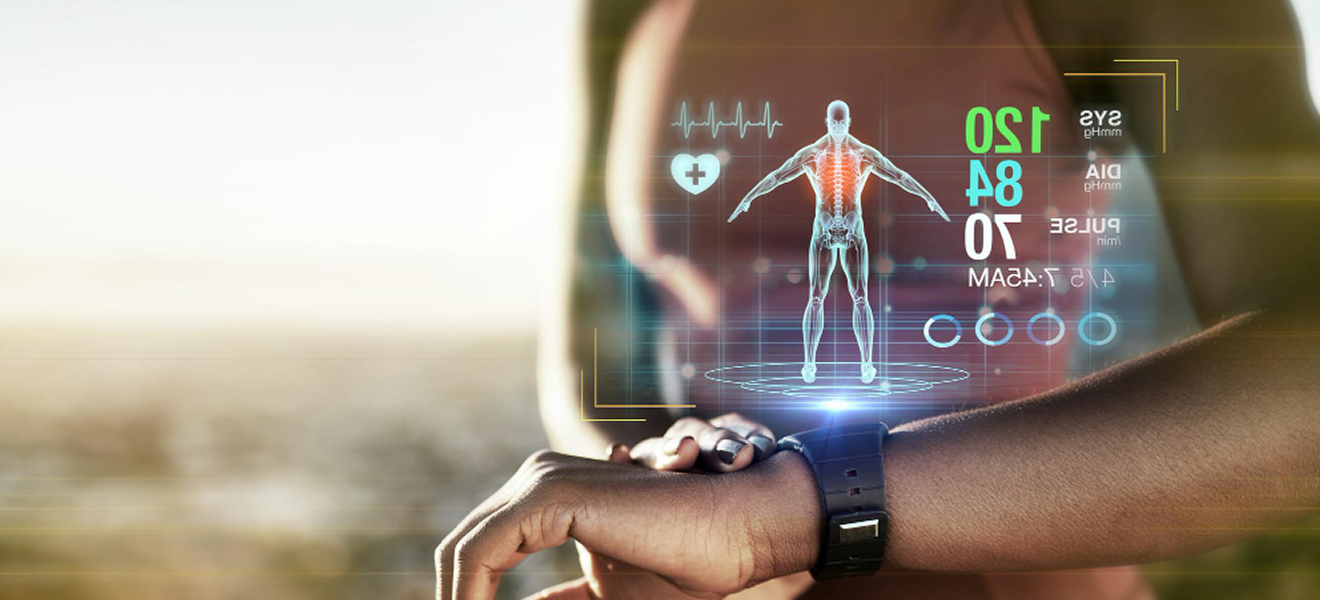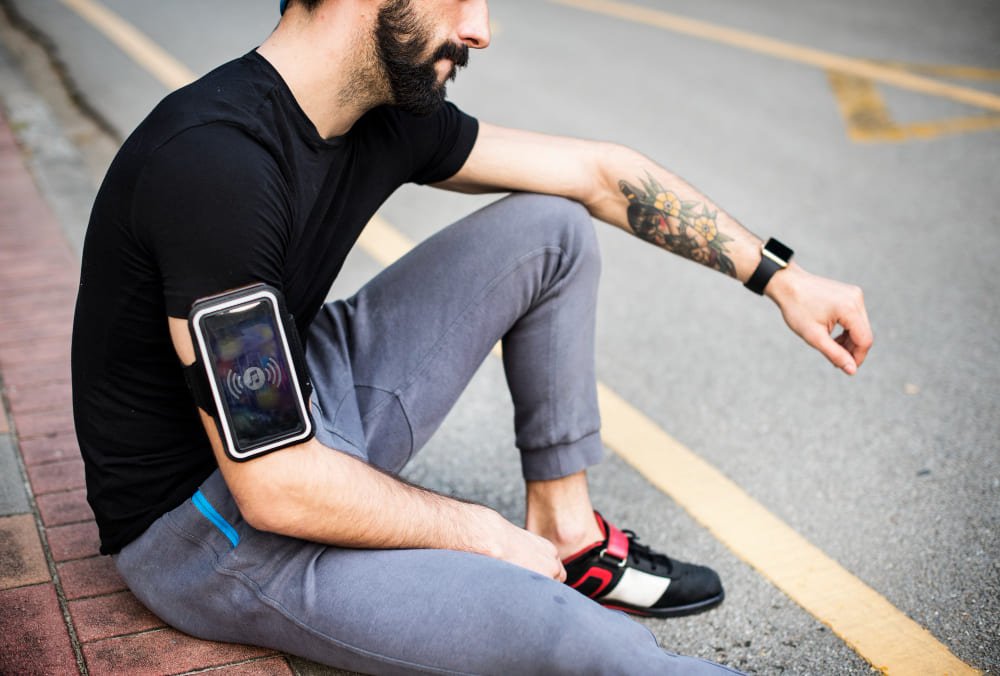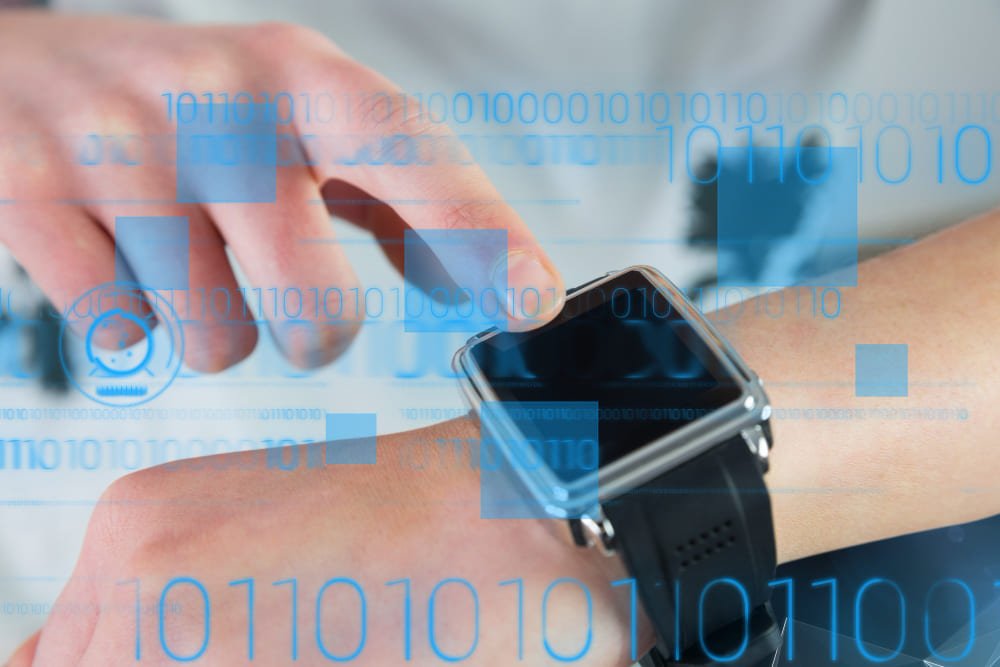.png)
204, 2nd Cross Rd, East of NGEF Layout, Kasturi Nagar, Bengaluru, Karnataka
Wearable health technology has rapidly evolved from simple fitness trackers to advanced health monitoring devices that help detect diseases, track vital signs, and even assist in emergency situations. As healthcare becomes more digital, wearable devices are playing a critical role in preventive care, real-time monitoring, and personalised treatments. From smartwatches that track heart rates to biosensors that monitor glucose levels, these innovations are reshaping healthcare delivery and improving patient outcomes.
Posted By
Published Date
Reading Time



Wearable health technology is transforming healthcare, making preventive care, real-time monitoring, and remote patient management more efficient. With advancements in AI, sensors, and data analytics, the future of wearable health tech looks promising, innovative, and life-saving.
No Comment Yet! Vixan post comment box is empty!